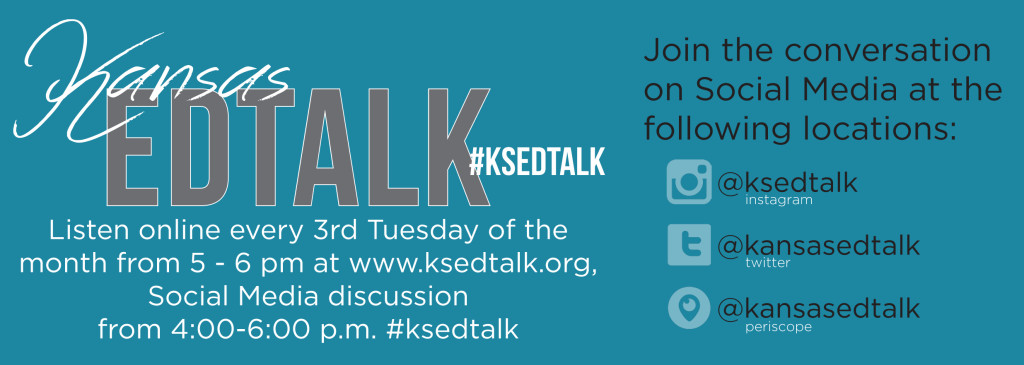KPERS Committee Reviews Bonds
Today House Pensions heard an update regarding the outcome of the bonds sold for KPERS revenue. Last session the Legislature approved a bill to sell bonds for $1 Billion. The bonds were sold last August and the revenue of the bonds went directly into KPERS. The addition of the bonding revenues improved KPERS fiscal situation at a cost to the State’s General Fund of approximately $63 million a year.
The legislature approved bonding to pay for contributions to KPERS in an attempt to keep the funds on track toward equilibrium and the elimination of the unfunded actuarial liability. As state revenue has continued to collapse due to the reckless tax cuts of 2012 and 2013, this is the state’s attempt to meet one of their obligations – KPERS.
The highway fund has also been forced to issue bonds to offset sweeps of highway fund money into the general fund.
The state sold just over $1 billion in bonds. Obviously it is far too early to see if the bonds actually pay off for the state. They are essentially betting that the return on the investment of the bond proceeds will exceed what they must pay the investors over time. The last KPERS bond issuance in 2004 has resulted in a difference of $161,993,418 between the interest cost and the investment earnings on the bond proceeds.
In other action Representative Kevin Jones introduced a bill that would implement a COLA for current retirees. That bill most probably will be reported as favorable by the committee to the House sometime in the future.
There will be no meeting of House Pensions next Monday. They will take up business again next Wednesday.
A COLA Rally
The Kansas Coalition of Public Retirees (KCPR) sponsored a rally today at the statehouse to support legislation that would implement a Cost of Living Adjustment (COLA) for current KPERS retirees. Despite weather that proved to be less than desirable, the rally was well attended. Those who braved the weather heard from Senate Democratic Leader Anthony Hensley, House Democratic Leader Tom Burroughs, House Pension Chair Steven Johnson and member of the House Pensions Committee Representative Ed Trimmer among others.
KCPR was founded over 10 years ago to support the implementation of a COLA for KPERS retirees. KNEA has always been a member of the coalition.
The issue of a COLA revolves around the fact that once a public employee retires, their KPERS benefit continues without a change in amount the entire time that they receive the benefit. Unlike Social Security which allows for a cost of living adjustment, KPERS retirees receive no cost of living adjustments. During the course of the last 20 years there have been sporadic one time cash adjustments which are helpful, but do not go forward as a permanent adjustment to their retirement benefit. You may see the list of adjustments by clicking here.
For the typical retiree the situation becomes a continuing personal budget struggle as over time prices for goods and services increase and the amount of their pension check remains the same. Over a period of time many retirees find that they must choose between which goods and services they must have and which they can no longer afford. Does a retiree choose food or utilities? Do they choose utilities or transportation? Today’s rally was meant to bring the need for a COLA for KPERS retirees to the attention of the legislature and to support legislation to implement a COLA. Coincidentally the House Pensions Committee received a bill introducing a COLA for current retirees.
Learn more about KCPR by clicking here.
Listen live to Kansas EdTalk at 5:00 p.m. on the third Tuesday of each month. You can also listen to all episodes online at www.ksedtalk.org as well as subscribe to the Kansas EdTalk Podcast here.
Episode 4: The 2016 Legislature and Public Education was broadcast last night and is available for listening right now! Guest included Senator Vicki Schmidt (Topeka), Representative Ed Trimmer (Winfield), Senior Fellow from the Kansas Center for Economic Growth, Duane Goossen and KNEA’s own Director of Legislative and Political Advocacy, E. Mark Desetti. The conversation was lively and offered unique insight into how public education policy is conducted “under the dome.” We encourage you to engage and listen now.



